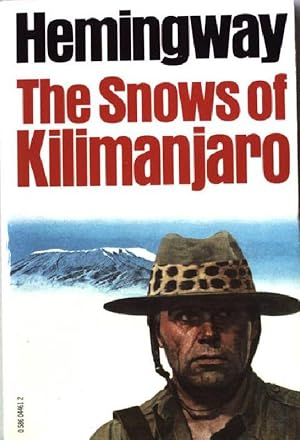Does saying I had a detoxing weekend mean I've gone native? Am I in danger of growing a man-bun and buying fair-trade coffee? Possibly. But not likely. The weekend just gone wasn't planned as a detoxing exercise, but it did become an excellent spell of personal time.
I suppose the weekend started when I left the office. I'd booked a barre yin class in Fitzroy. This particular mode of exercise merges barre and yoga. This made an interesting combination and I found it to be a smooth, chilled out way to end the week. It'd probably be ideal in the recovery phase after a marathon or something of equal intensity.
 |
| Nope: I don't look even remotely like this (Image from here) |
I came back to the sharehouse after the class and packed a bag. I'd promised the old boy that I'd head down to the farm on the Peninsula and check that the steers had feed and water. I stopped on the way to pick up the sort of simple fare I tend to like - wholemeal rolls, fish, tomatoes and a few tins of corn, chickpeas and beans. I reached the farm a bit before midnight.
I was up a little before 0800 on Saturday. It was my turn to make Telecross phone calls for Red Cross. Perhaps I was still chilled out from the class the previous night: I found that the calls positively flowed by and I was in a very positive mood as I chattered away to the clients. I hope that some of the positive mood flowed through to them too! I found myself wading through a backlog of 100+ emails that had built up over the week and cleared them all by 1100, so that gave me a bit of a lift too.
After this I set out across the paddocks to check up on the cattle. Nearly all the internal gates on the farm are open to give the 39 steers and one bull as much grazing area as possible. Broadly, they're doing OK. The grasses are grazed very low nearest the water trough and still pretty long the further from it you go. They're in no danger of starving, but equally, they won't get fat.
 |
| Cattle Grazing near Shoreham, Australia (c) New Citeaux |
 |
| Coastline near Flinders, Australia (c) New Citeaux |
Rosebud is a town spread along the northern side of the Peninsula on the shore of Port Philip Bay. The country is dead flat and winds in and out of tea-tree and campgrounds along the beach. It was perfect terrain for running and also doing some people-watching of the campers enjoying the last rag-ends of summer. In the end I went a little over 10kms and a bit over an hour. I didn't have much time between finishing my run and Mass starting, but I had 15 minutes to get into the bay to cool down and use seawater and sand to scrub the sweat and dust off. What made it an adventure was that it was apparently perfect kiteboarding conditions: there were dozens of them and every so often I found myself dodging out of their way!
 |
| Kiteboarding at Rosebud (c) New Citeaux |
Mass at Our Ladys was done refreshingly straight. Afterwards I went and picked up a bottle of wine since I hadn't been able to buy any elsewhere. After all the exercise I thoroughly enjoyed an accidentally-vegetarian dinner of corn, beans and chili.
Sunday brought another adventure: a two hour class at Silver Leaf Yoga School. The school is in a purpose built building on a nursery property. There were I suppose 15 attendees, and the class was geared to beginners and experienced practitioners. I don't think you could call it a punishing or draining workout, but it was a good exercise in stretching and becoming aware of your body.
 |
| Silver Leaf Yoga School (Image from here) |
I headed back to the Casa after the class in time to skype with Grace and Rachel. It was getting late there, and I think they were tired, but they were still happy to see me. Especially Rachel who seems to want to spend more time with me now. I've very glad of this: Grace, bless her, can be a little over-dominating and it's wonderful to see Rachel more her own little person.
I got on the road for Melbourne about 1600. I must have been pretty chilled out because I wasn't fazed by a traffic jam on the Mornington Peninsula Freeway or by coming back to wash clothes at the laundrette. It was a very satisfying weekend and set me up well for the week ahead.
